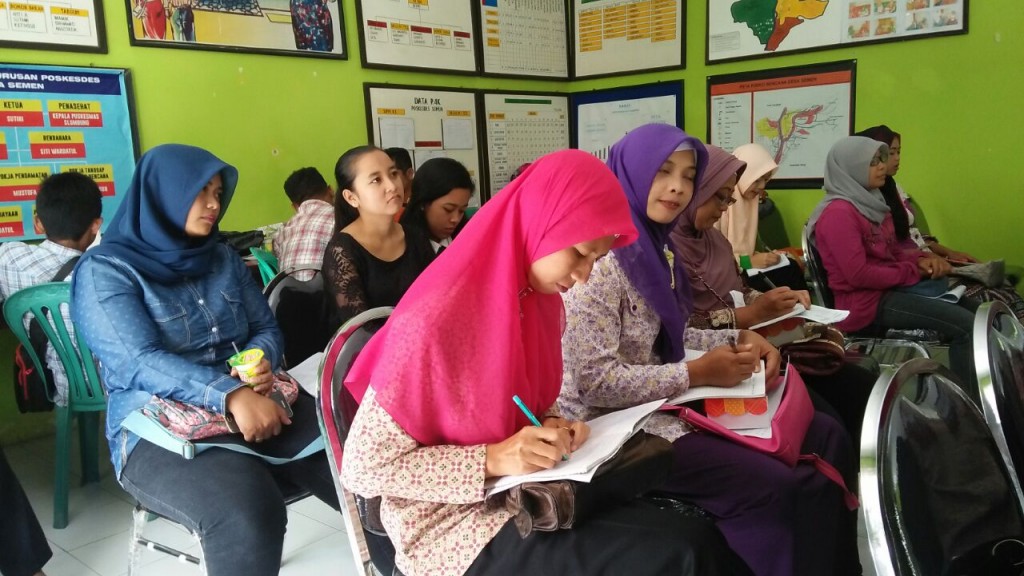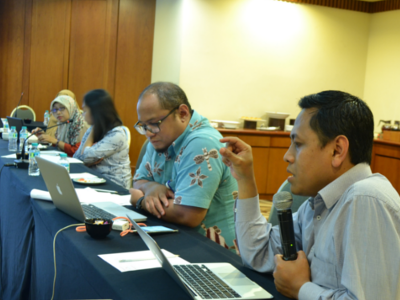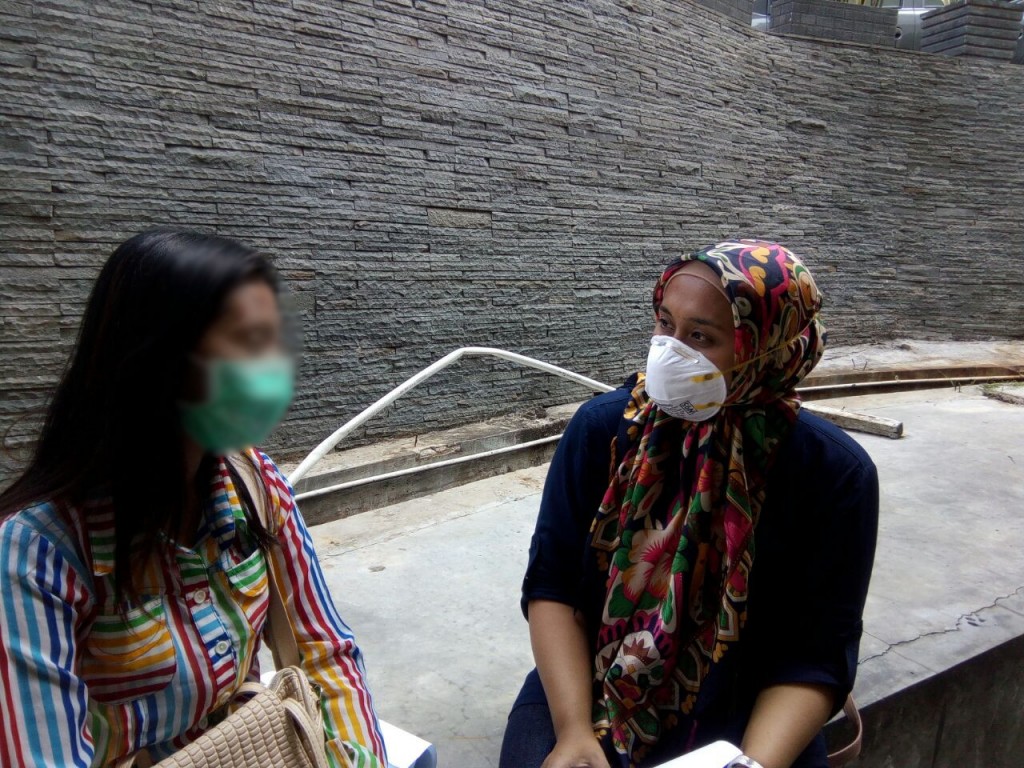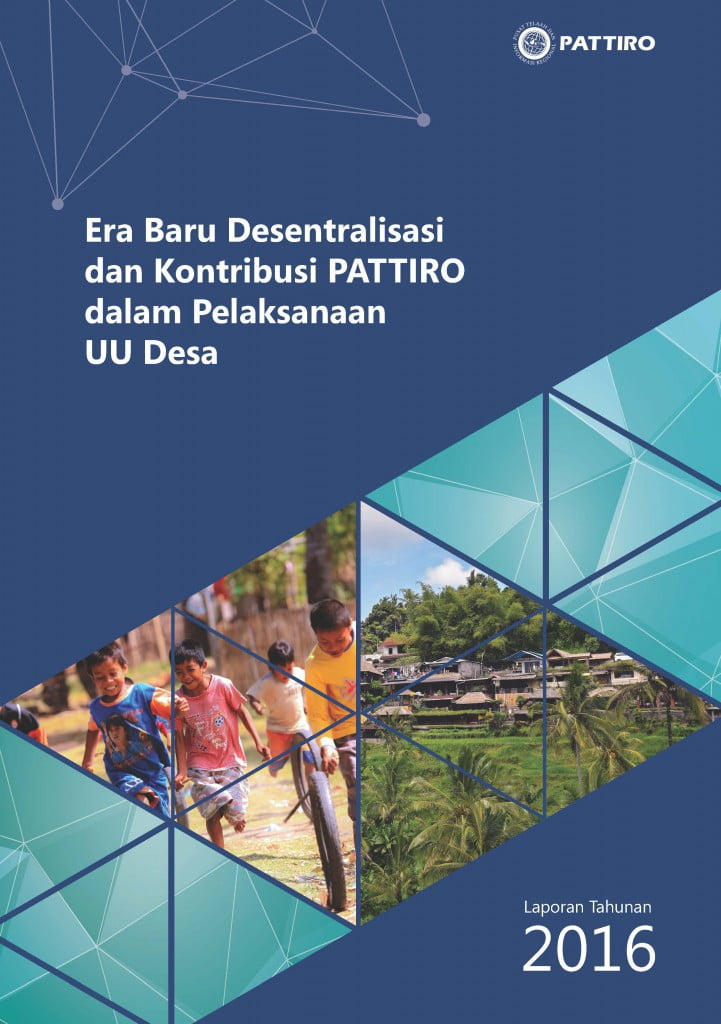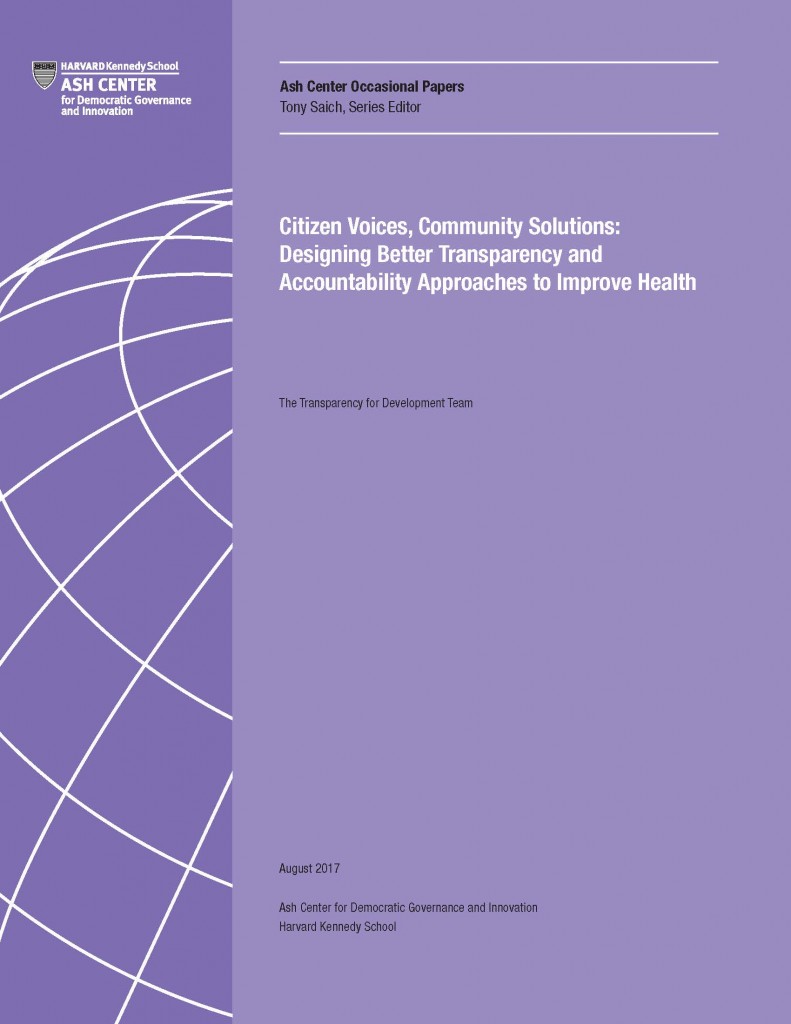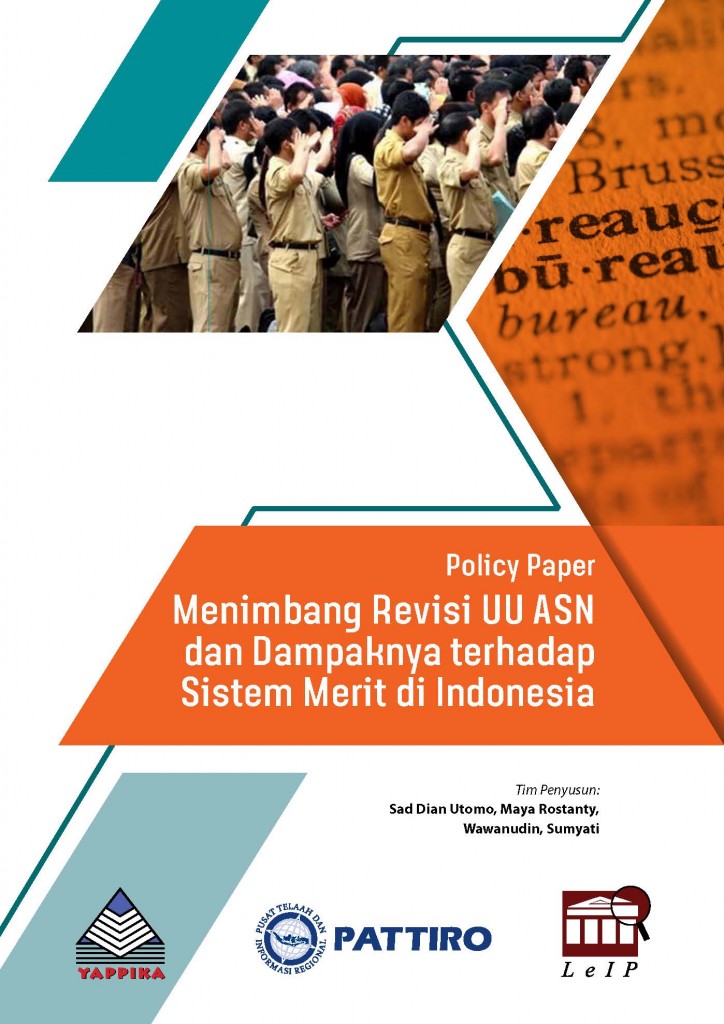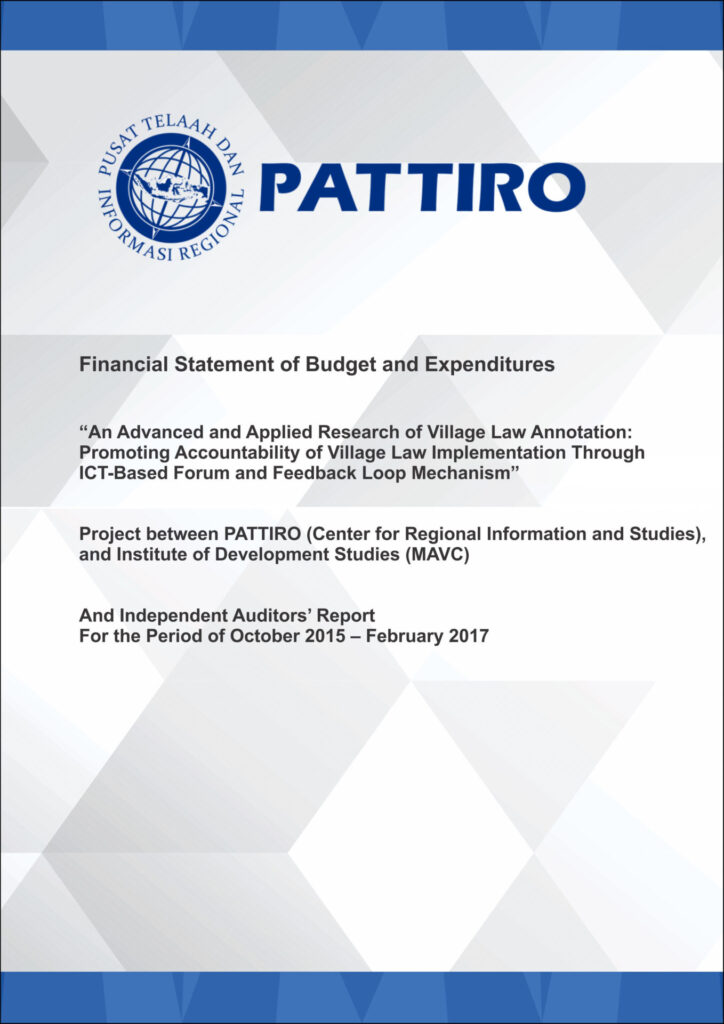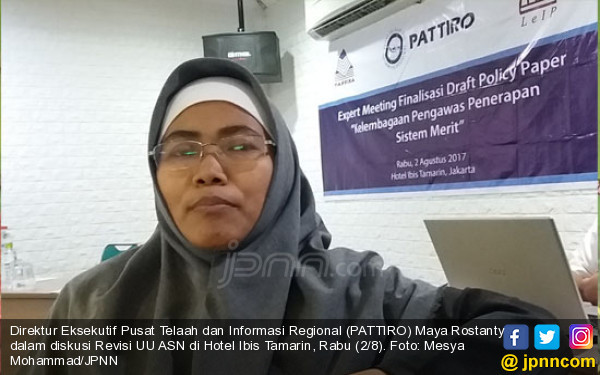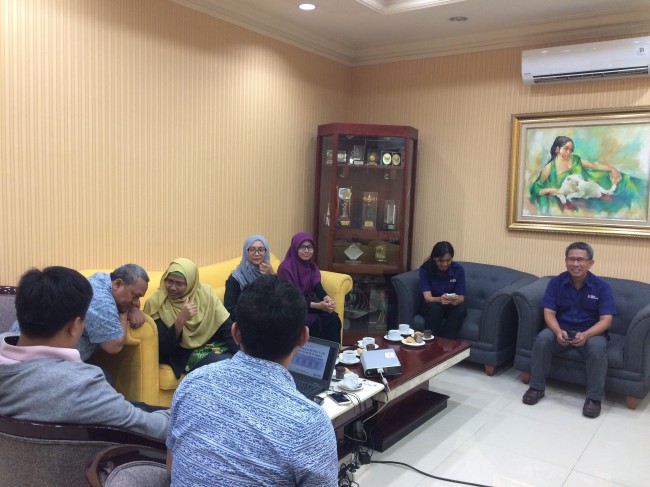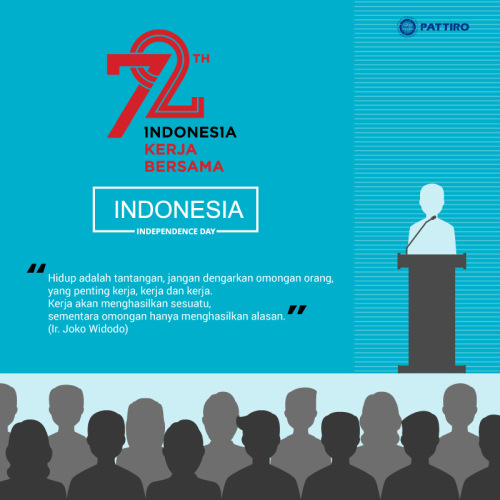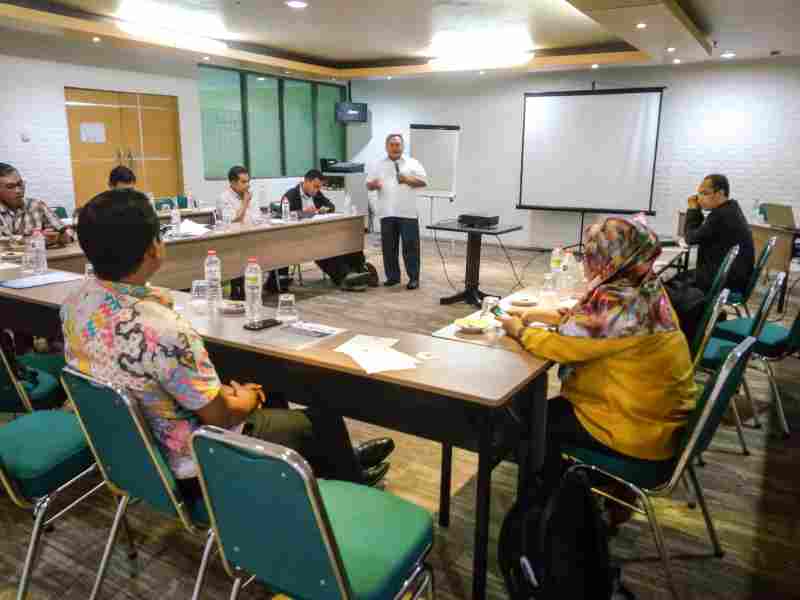PATTIRO Trains Communities on Disasters for Resilience in the Face of Climate Change
As an archipelagic nation of some 17,000 islands, Indonesia is particularly vulnerable to the effects of climate change. Changes in rainfall patterns, rising sea levels, and extreme weather events are the main problems. The impacts of climate change are beginning to be felt in various regions, especially those with high levels of vulnerability, one of […]
PATTIRO Trains Communities on Disasters for Resilience in the Face of Climate Change Read More »

